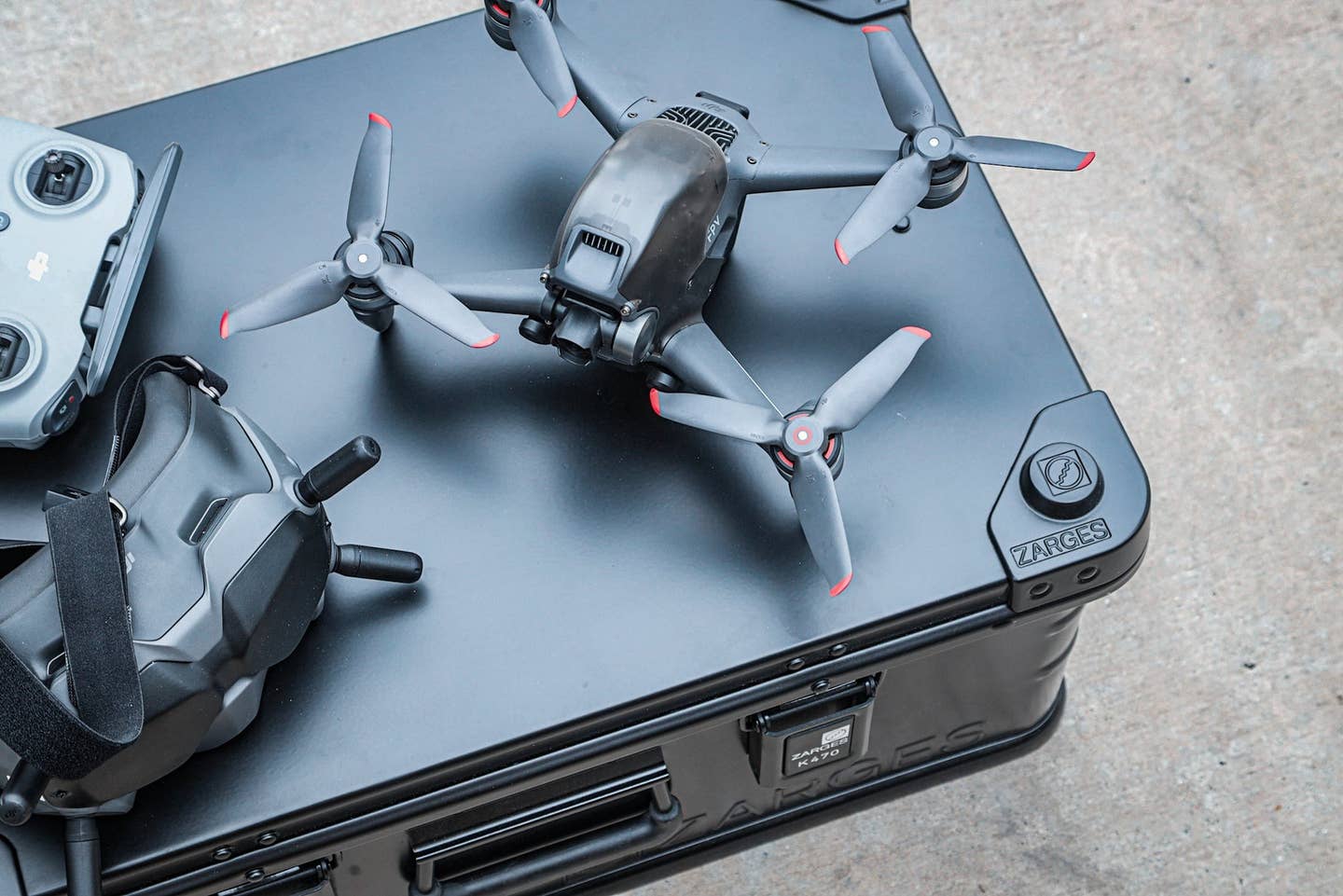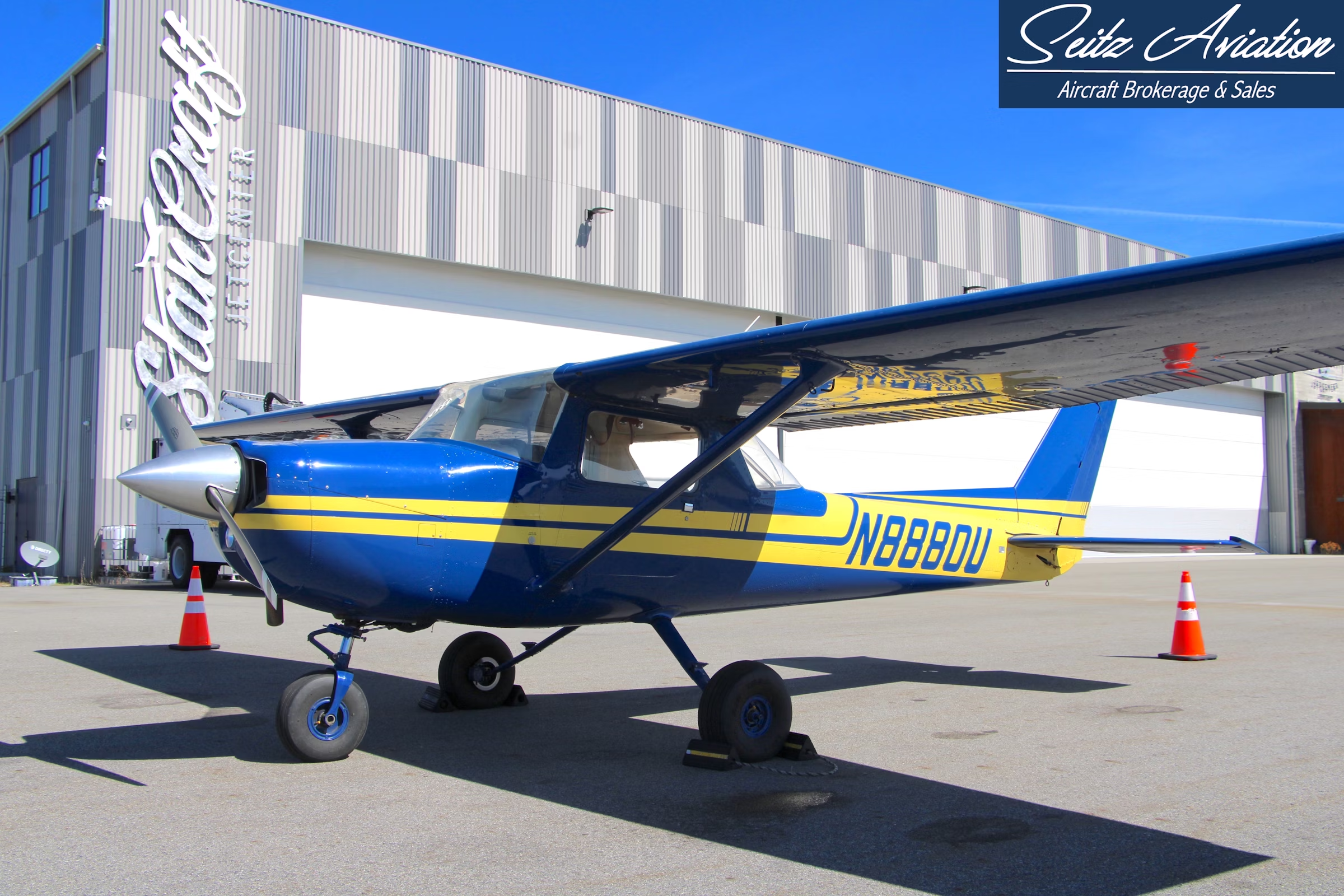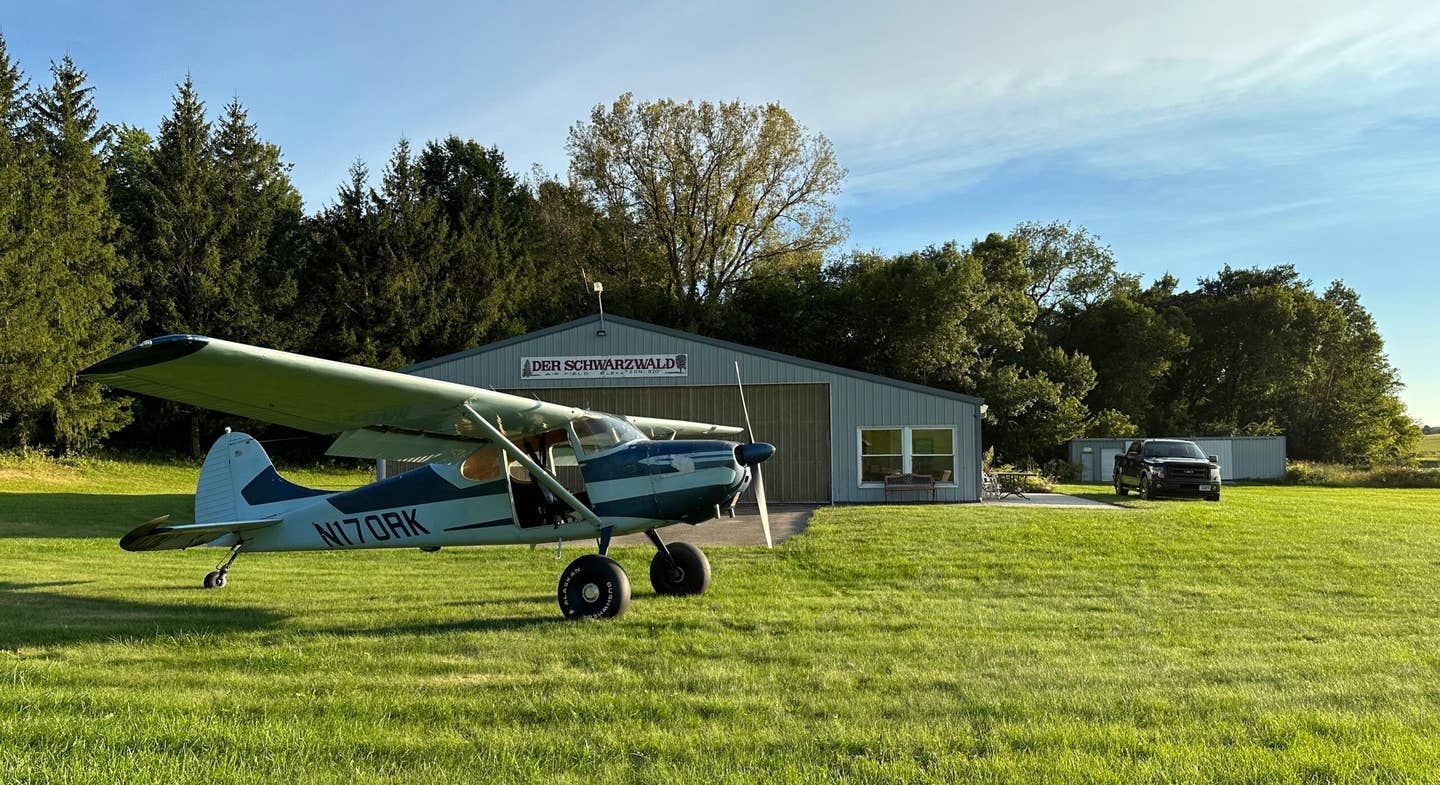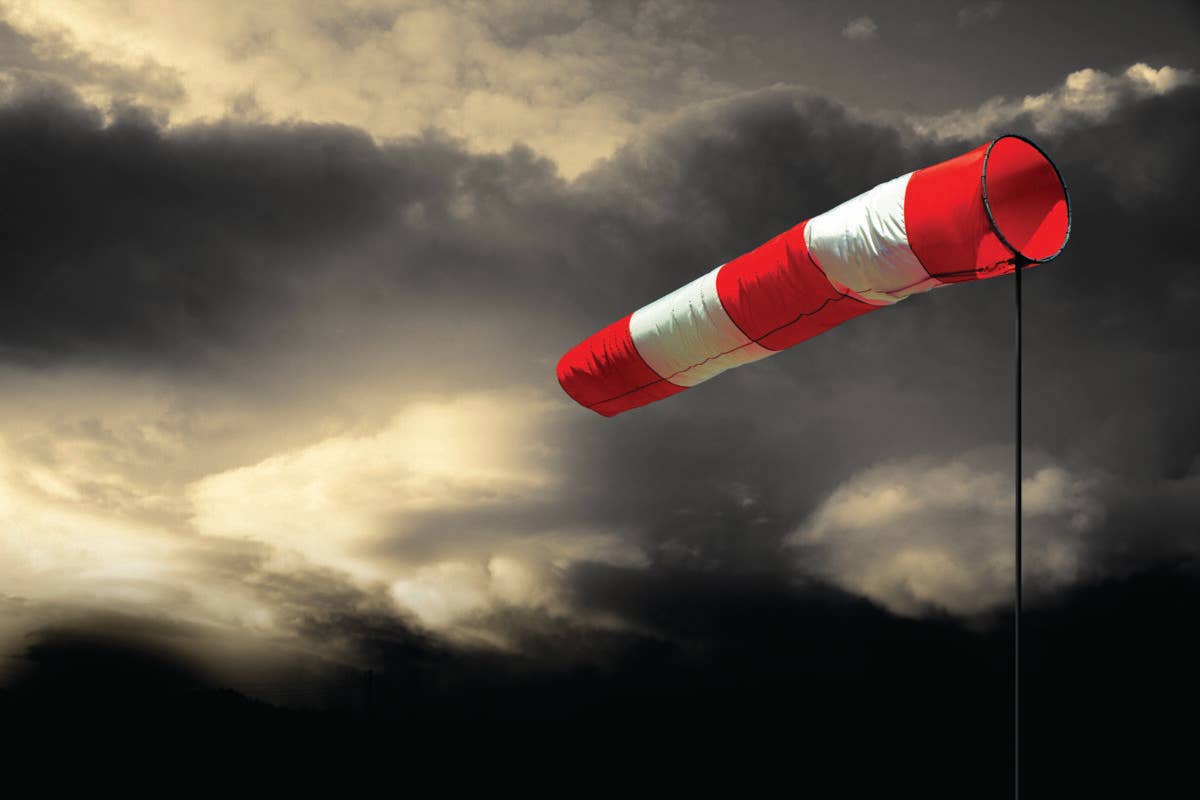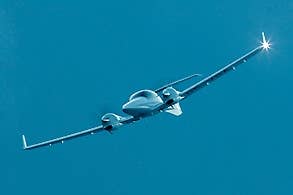
One of the defining features of Diamond's little four-seat DA42 Twin Star is the choice of powerplants, the newly certified Thielert turbo-diesel engine. With light weight, impressive fuel consumption figures and excellent high altitude performance, the diesel seems a great fit for the airplane. Still, Diamond has been test flying the airplane with a pair of more conventional engines, 180-hp Lycoming IO-360s, a move it says is intended to explore the potential market for a gas-engine-powered model, especially among flight schools. The Lycomings weigh more than the Thielerts, and they produce more power at sea level, 180 horsepower compared with 130 horsepower. Because the Lycomings are naturally aspirated, they produce their rated power only up to a low altitude, whereas the turbocharged Thielerts continue to produce full-rated power much higher. Perhaps the biggest driver behind the Lycoming announcement may be the continued questions that Diamond gets from prospective buyers about the Thielerts' time between replacement (TBR) certification, the first that we know of for a piston aircraft engine. Currently, the engines must be replaced at 1,000 hours flight time (or after 12 years of service), but the engines are pro-rated on a 2,400-hour timetable, the ultimate goal for the TBR. So, if an engine were replaced at 1,000 hours, according to Diamond, its owner would pay only 1,000/2,400, or around 40 percent of the cost. Diamond has yet to announce firm plans to produce the Lycoming-powered model, but it plans to continue flight testing of the airplane in Austria.

Sign-up for newsletters & special offers!
Get the latest FLYING stories & special offers delivered directly to your inbox



